Meta tags for SEO, there are no secret to meta tags – everyone knows about them, and most use them in one way or another. But what are SEO meta tags, exactly, and what do they do?
In this blog post, we’ll explore the basics of meta tags, highlight some important SEO meta tag examples, and provide a checklist of tips for optimizing your meta tags for better search engine ranking.
So read on to learn more about how to make your website even more search engine friendly!
When a page with long contents have many things in it, this information helps Google to show relevant results using their algorithm called PageRank which calculates how relevant the page is according to other pages you are linking with your domain or any website depending on ahrefs database analysis tool.

Meta tags are tiny tags that appear at the top of most webpages. They play an important role in helping search engine crawlers identify and categorize your website by topic.
This can lead to better search engine rankings, as well as more organic traffic. Meta tags also help create a more personalized browsing experience for visitors, letting them find what they’re looking for faster.

By following best practices with meta tags, you can ensure that your website is found easily online!
Meta tags are the breadcrumbs that search engines follow in the journey of your website. They inform search engines about the content and the structure of your website.
Search engines view meta tags as an important ranking factor in the results pages.
Meta tags make sure that your content is easily accessible to search engines.
Meta tags are also important for social media shares, because they help search engines to understand what your content is about.
Theres no question that optimizing your website for search engine ranking is essential for the success of your business. But its not easy – especially if youre not familiar with meta tags.
Here are six meta tags that can help improve the optimization of your site:
- meta title
- meta description
- meta keyword
- meta robots
- meta content
- meta images
The title tag is one of the most important tags on your page, and its crucial to use keywords correctly throughout the entire site. By including keyword in the title tag and making sure they are used correctly throughout the site, you can improve your ranking in search engine results pages (SERPs).
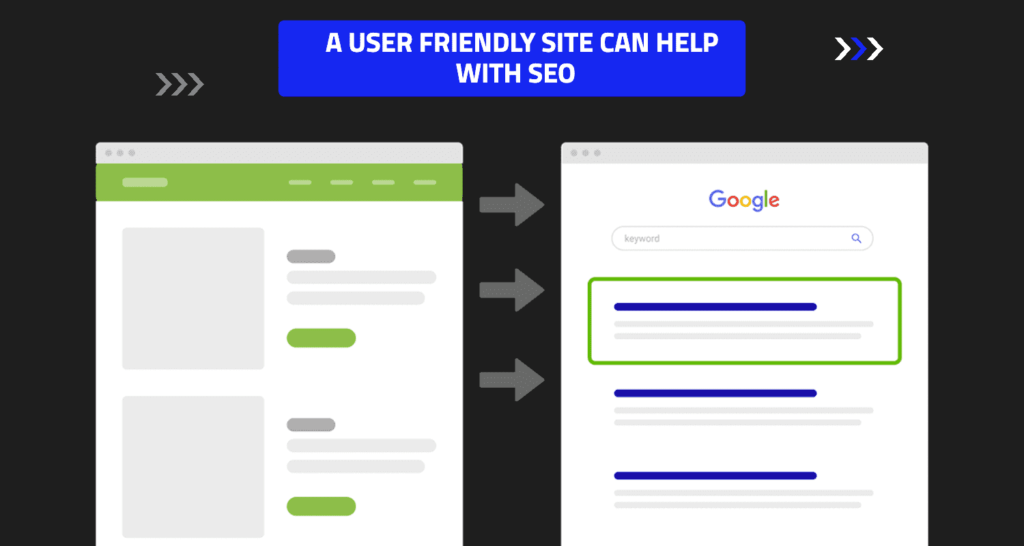
If someone question Google will pull the answer under your tittle as SERP snippet length is 150-165 characters. This defines the window size of what google shows, based on meta tag data that can be read by search engines and web crawlers.
Additionally, you should also use an alt attribute if you want to provide a different text for users who have vision impairments or dyslexia. Make sure your title tag is catchy, relevant and easy to scan. Avoid using too many spaces between words and tags as this can cause issues with indexing and ranking.
Finally, aim for a keyword density of at least 2%.
Research
Meta tags are one of the most important elements of your websites optimization. They play an important role in helping search engine robots understand the content of your site, and determining which pages to rank for.
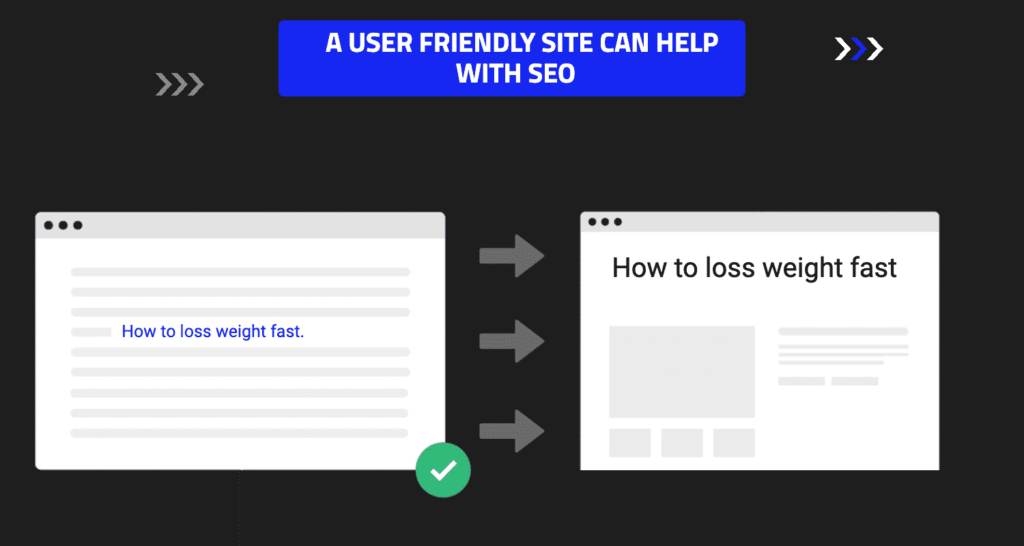
To make sure that your meta tags are effective and help improve the visibility of your site, you should link them to important pages on your site from the main meta tag area, add a title tag and description tag, use descriptive meta tags that accurately reflect the content of your site, and make sure all images are properly optimized for SEO.
In addition, it is a good practice to add a noindex meta tag to pages that you do not want search engine crawlers indexing.
Meta description is the best way to introduce your site to search engine crawlers. A meta description is a brief, keyword-rich description that appears in search engine results when someone types in a search query relating to your site.
Its an important way of getting potential web visitors interested in your site, and helps you rank higher in search engine results. In order to optimize your meta description for best results, make sure to include alt tags and images with relevant keywords.
Also, include a keyword in this description so that it can be better indexed by search engines. A good keyword density for meta descriptions is at least 2%.
You can also use meta descriptions to highlight specific features of your site or to competition.
Meta tags are the html tags that webmasters use to indicate the type of content on a page. By using the right meta tags, you can improve the optimization of your site for search engines. Titles and meta descriptions are two of the most important meta tags you can use. Including keywords in your titles and descriptions will help you rank higher in search engine results pages (SERP).
To make sure your site is indexed by search engines, add the Robots meta tag.
This tag tells search engines that your site is up and running, and is available for searching. Headings, image alt tags, and other elements on your page can also help search engines understand what content is on your page more easily.
When you use these various elements together, you create a page that is easy for people to navigate and understand.
Meta tags are one of the most effective ways of improving the optimization of your site. By using the correct keyword density for your alt text, you can ensure that your images are easily searchable.
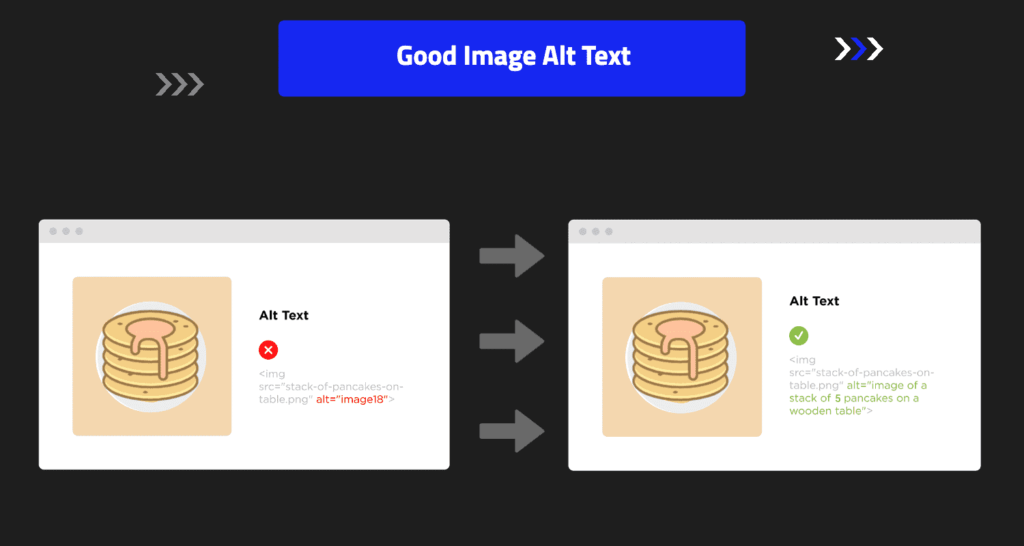
Alt text is also an important aspect of SEO – it is the text that appears when a user hovers their mouse over a hyperlink in a web page.
This additional information can help users understand and navigate through your content more easily.
Meta tags are a powerful way to improve the ranking of your site on search engines, as well as to target different audiences with different copy for each canonical tag. The five meta tags that you need to be aware of are:
<meta name=”description”>, <meta content=”text/html; charset=utf-8″>, <link rel=”canonical” href=”…” />, and <link rel=”shortcut icon” href=”/favicon.ico”>.
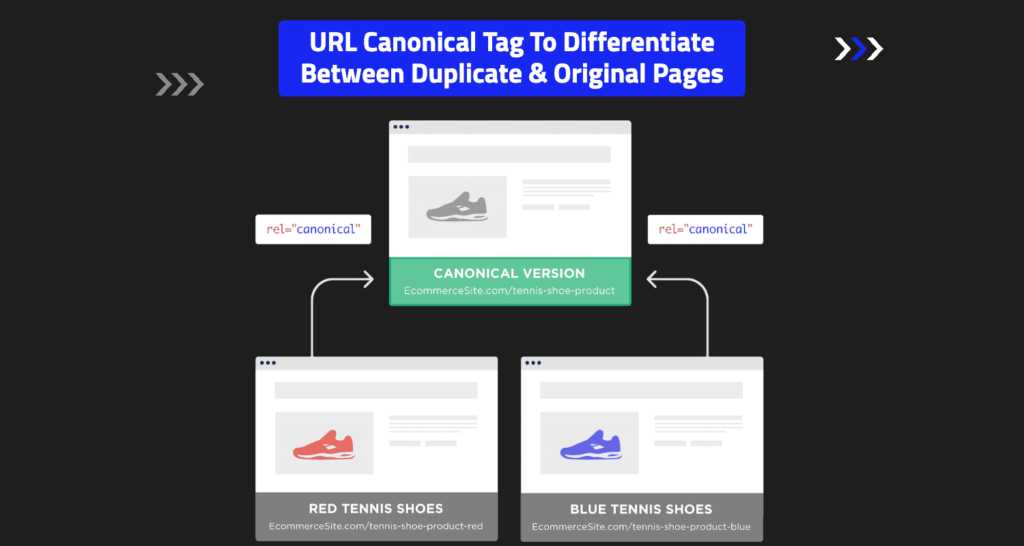
You can use them to specify which version of your page should be displayed (e.g., home, product pages etc.), control the appearance of search engine results pages (SERPs), and add metadata to your images. By using meta tags properly, you can optimize the performance of your website and ensure that your site is easier for users to find. </p> <br />
If you want your site to rank high in search engine results, make sure you use header tags to its best advantage. By including keywords throughout your page, you will improve the chances of being found by potential customers.
Make sure the title of your page is included in the tag – this will influence how popular your site appears in search results.
In addition, try to include at least 2-3 keywords in each header tag to give your page a boost in rankings.
Optimizing your meta tags is an important part of SEO (search engine optimization). meta tags are the small tags that sit at the bottom of your page, and they’re responsible for providing information about your page to search engines.
By following a few simple tips, you can ensure that your meta tags are accurate, keyword rich, and description-rich.
Heres a checklist of what to do:
- Add a title tag, description tag, and image alt tags to help capture reader attention.
- Use keyword density to provide the right level of information for your readers.
- Make sure all your meta tags are accurate and optimized for search engine visibility.
- Try using keywords in your headings and subheadings as well as in your text content too!
- Make sure your meta tags are descriptive.
- Use headings to break up your tag content and make it easier to read.
Meta tags are one of the most important factors when it comes to search engine optimization (SEO). They play a major role in determining how well your content will rank in search engine results pages (SERPs).
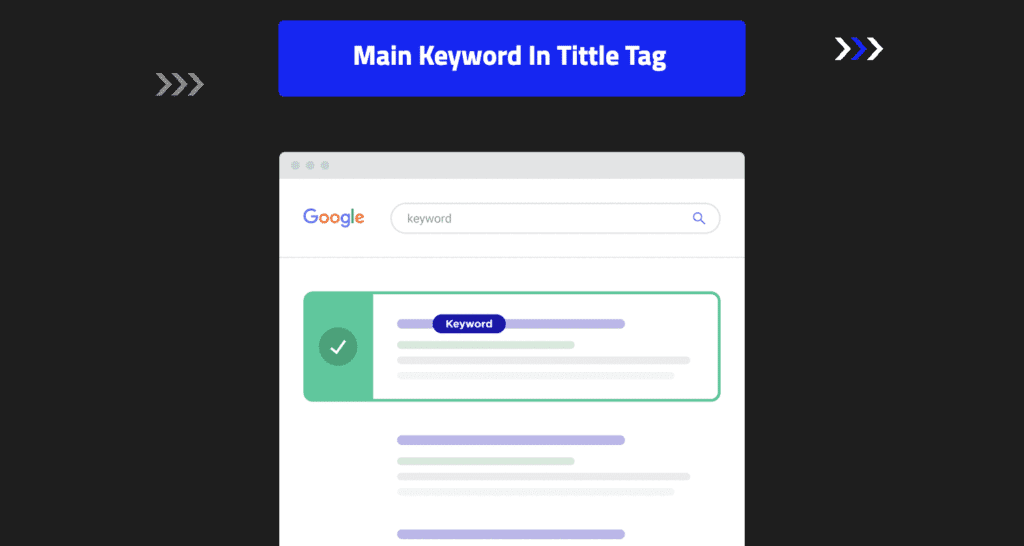
And, unfortunately, not all blog owners understand the importance of meta tags and how to optimize them properly. Thats why we’ve put together this checklist of best practices to ensure that your meta tags are working to their full potential.
First and foremost, make sure you use images that are relevant to the topic of your post. Next, be sure to add alt tags for better search engine visibility.
Finally, use keyword rich meta tags that provide additional information about your blog post such as title, description, and keyword density.
Beside learn meta tags is best to read about on page SEO, to ensure you website current on page SEO score.
Meta keywords are important for optimizing your website. They influence how search engine results display your content.
They help people find your website when they’re searching online. And thats just the beginning – meta keywords also provide valuable information about your site, like what keyword phrases people are using to search for it.
So, make sure to choose the right meta keywords that reflect your business and target audience. And if youre looking to increase the ranking of your website in search engines, meta keywords are a great way to do that.
What is a SEO meta tag?
Meta tags are a type of parameter that can be included in the header or footer of your website. They are used to categorize and describe the content on your site, and they play an important role in improving SEO. Meta tags allow search engines to understand what information is on your page so that they can properly rank it for certain queries.
There are many different meta tag options, but some of the most common include: title (h1), description (h2), Robots Excluded Tag Title (robots), and Content Length. It is important to choose the right meta tag for each aspect of your website’s content so that you achieve optimum results in terms of traffic, rankings, and conversions.
What is a meta tag example?
A meta tag is a type of web browser code that helps search engines understand the content of a webpage. This information can then be used to improve the ranking of that page in Google and other search engines. Some common meta tags include:
-Title Tag: This describes the title or main heading for your webpage. It should be Gibberish Free and keyword rich, as it will appear in SERPs when people do a search on your site.
-Meta Description: This is shorter version of your title that appears below the header on SERP results pages. It should be unique, contain helpful keywords for users who are searching for related information about your topic, and tie back into what was mentioned in your Title Tag.
-H1 Headings (H1s): 1 through 6 are reserved exclusively for major section headings on a website such as Home Page, About Us, Services etc… Use these wisely to help organize all your important content under one roof!
-Image Sizes: Specify dimensions along with file types (.jpg, . gif, etc…) to make sure your images load quickly and look great on all devices.
-Robots Excluded Tag Title: If you want certain search engines such as Bing or Yahoo! not to index certain parts of your website (like Flash content), you can add this meta tag.
-Content Length: This tells the browser how much text is in a given file. Setting it to “Short” will reduce the page’s loading time while conserving bandwidth.
-Show Articles in Bookmark Bar: If you want visitors to be able to click on individual articles inside your RSS or Atom feed, add this meta tag.
How do I write a meta tag for SEO?
When writing meta tags for SEO, it is important to keep in mind the three key factors: tagline, description, and keyword. The tagline should be short and to the point, while the description should be long enough to provide users with an overview of what your meta tag includes but concise enough so that search engines can index it quickly.
Finally, include keywords in your title and descriptions as appropriate. This will help you target potential customers who are looking for information on a specific topic.
What meta tags are important for SEO?
Meta tags are important for SEO because they help to define the content of your website. This includes the title, description, keywords, and other information that is needed to be indexed by search engines. The best way to know what meta tags are needed for your specific situation is to consult with an expert.
How many words should be used for meta tags?
Meta tags are not compulsory, but using as few words as possible to describe your content is always recommended.
The fewer characters you use, the less space your meta tag will take up on a web page and the more likely it is that people will click on it.
For most websites, between 1-3 words should be sufficient. However, if your website has particularly lengthy or dense content, then a longer description can be included in its metatag.
As with all rules of thumb, there are always exceptions – so be sure to test various lengths before settling on a specific length for your site’s metatags.
Meta tags and meta keywords are important because they help search engine crawlers understand the content of your website.
By following a few simple steps, you can optimize your meta tags to improve the ranking of your website in search engine results pages.
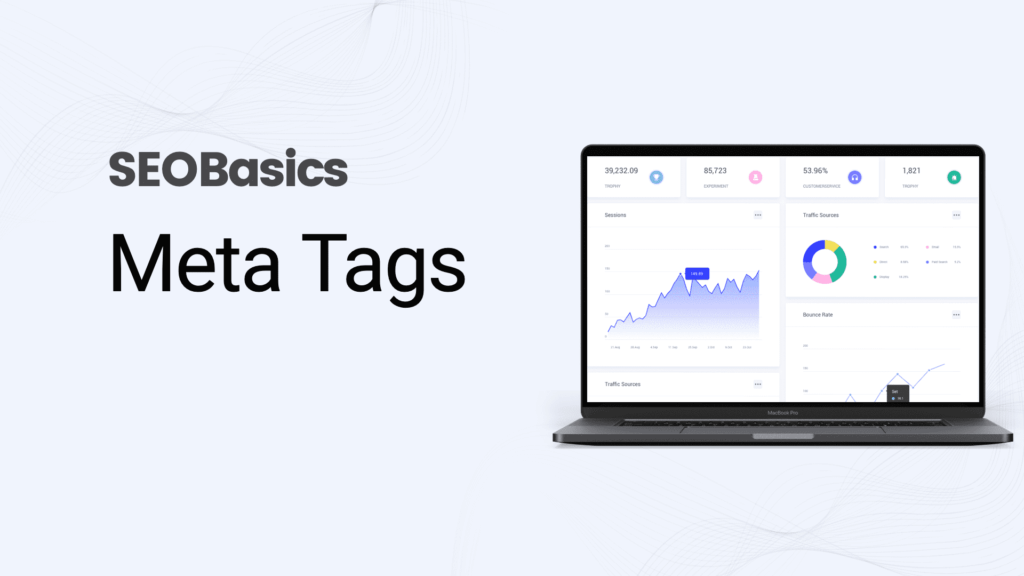
In addition, meta tags can also be used to tag your content with specific keywords, which can help you target your audience with more precision.
So, make sure to use meta tags and meta keywords wisely to increase the traffic and conversion rate of your website!
Here is article talk about other important ranking factor of off page SEO, and ways you can getting more backlink and boost your website ranking.

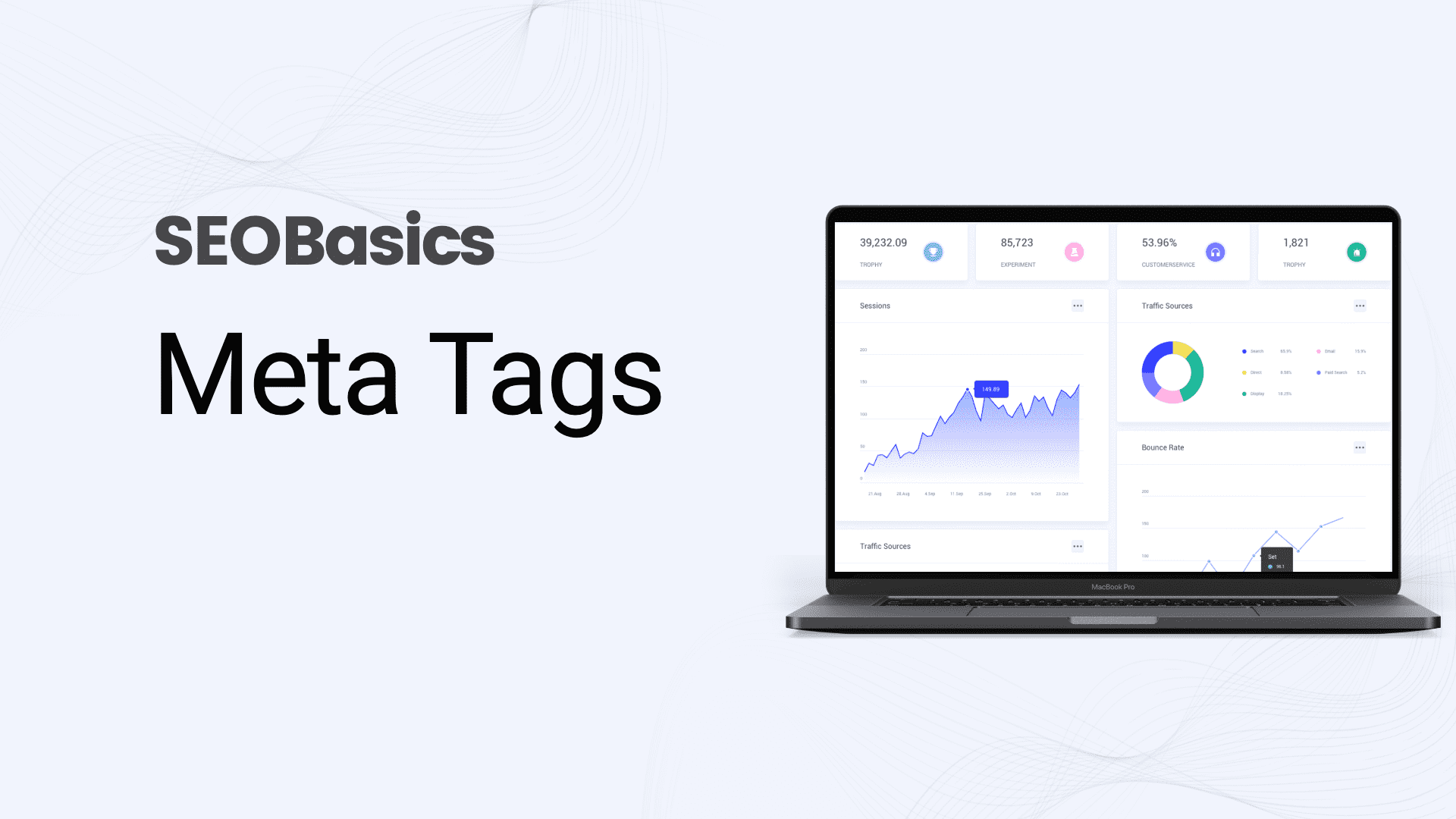




Sometime you write Meta tag did not display on search engine at times. I do think head tag is more important. Especially with the year be hide.
Google does want show relevance search results.